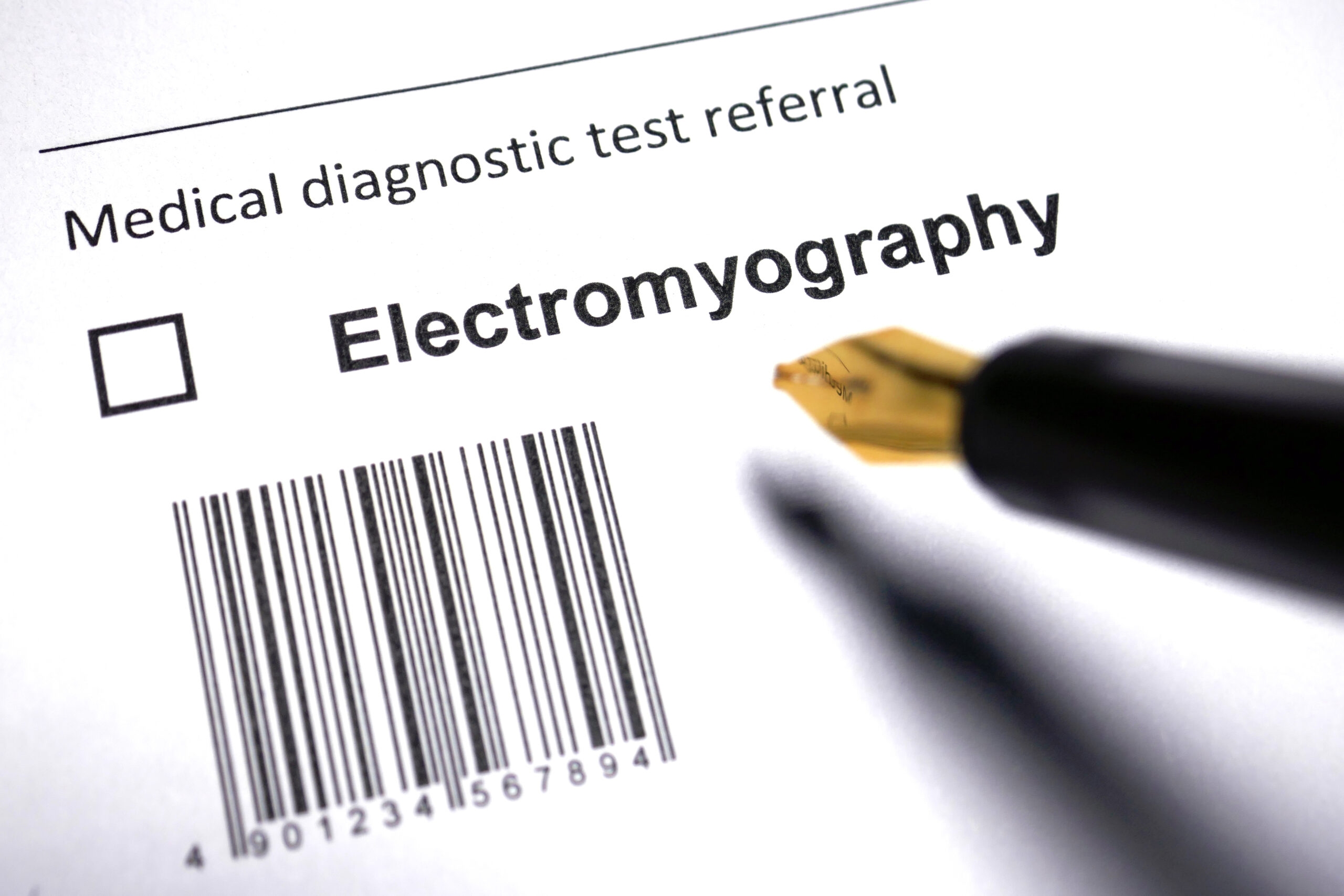An electromyography (EMG) is a diagnostic procedure that assesses the health of muscles and the nerves controlling them. It can be recommended for someone who has been in an auto accident, particularly if they are experiencing muscle weakness, numbness, or pain.
If you have been in an auto accident and are experiencing any of these symptoms, it is important to seek medical attention immediately. Your doctor may refer you to a specialist who can perform an EMG to determine the underlying cause of your symptoms.
An EMG may be recommended if you have sustained an injury that could affect your nerves or muscles, such as whiplash or a herniated disc. It may also be recommended if you have been in a serious accident that has caused significant trauma to your body.
During an EMG, small electrodes are placed on your skin or inserted into your muscles to measure electrical activity. This can help to identify any abnormalities in nerve function or muscle activity, such as signs of nerve damage, muscle disease, or a pinched nerve.
The procedure is typically performed on an outpatient basis and usually takes about an hour. It may be slightly uncomfortable, but it is generally well-tolerated and safe. After the test, you may experience some soreness or discomfort, but this should subside within a few hours.
If your EMG results indicate nerve damage or muscle disease, your doctor may recommend further testing or treatment options. These may include physical therapy, medication, or surgery, depending on the severity of your condition.
In conclusion, if you have been in an auto accident and are experiencing muscle weakness, numbness, or pain, it is important to seek medical attention as soon as possible. Your doctor may recommend an EMG to help diagnose any underlying issues with your nerves or muscles. With the help of this diagnostic procedure, you can begin to get the treatment you need to recover and regain your quality of life.
